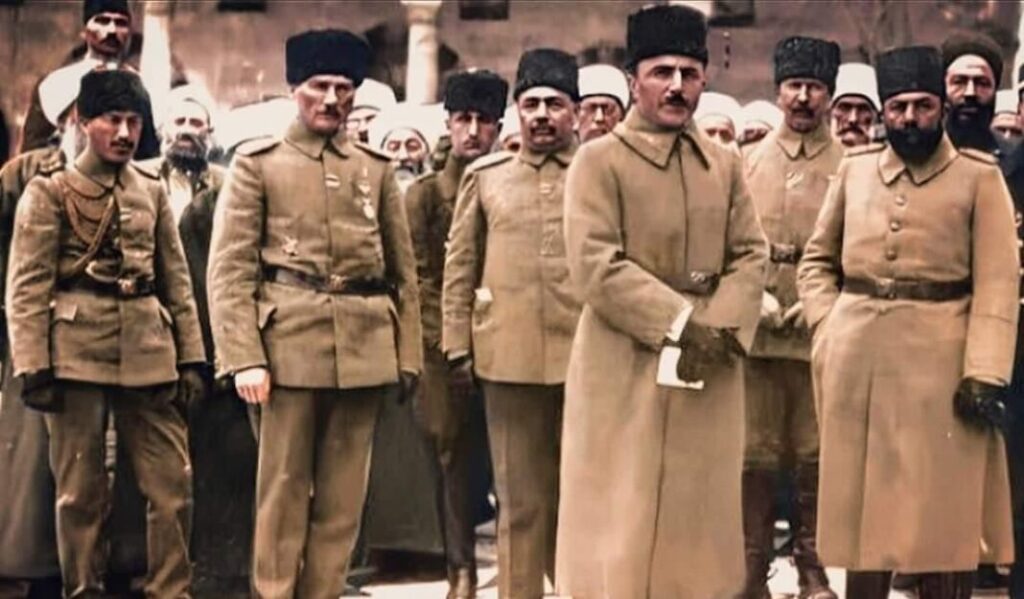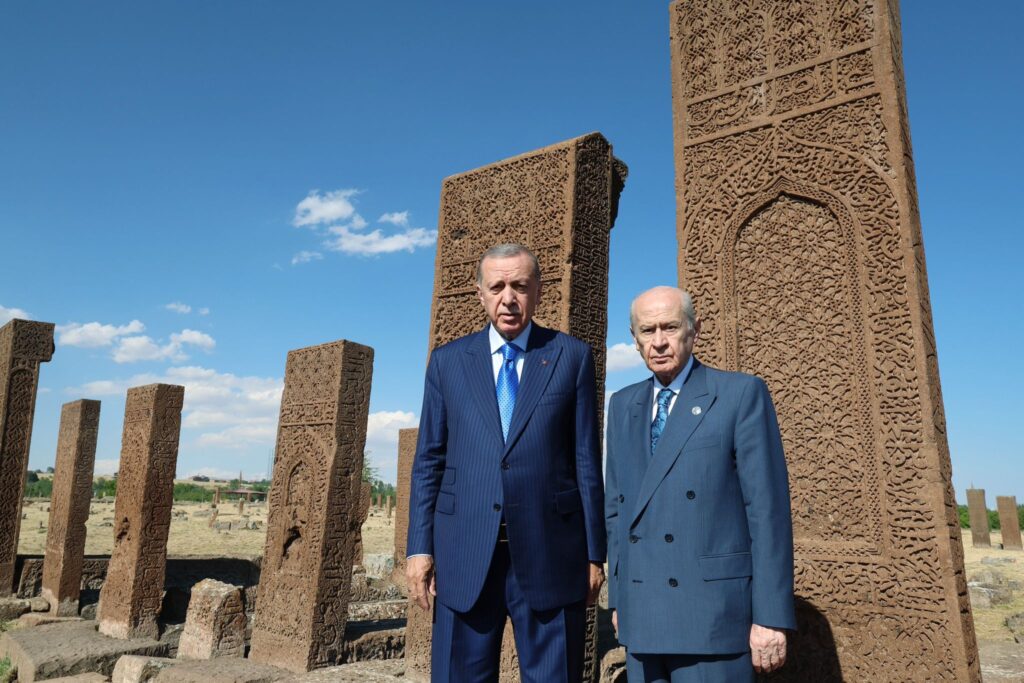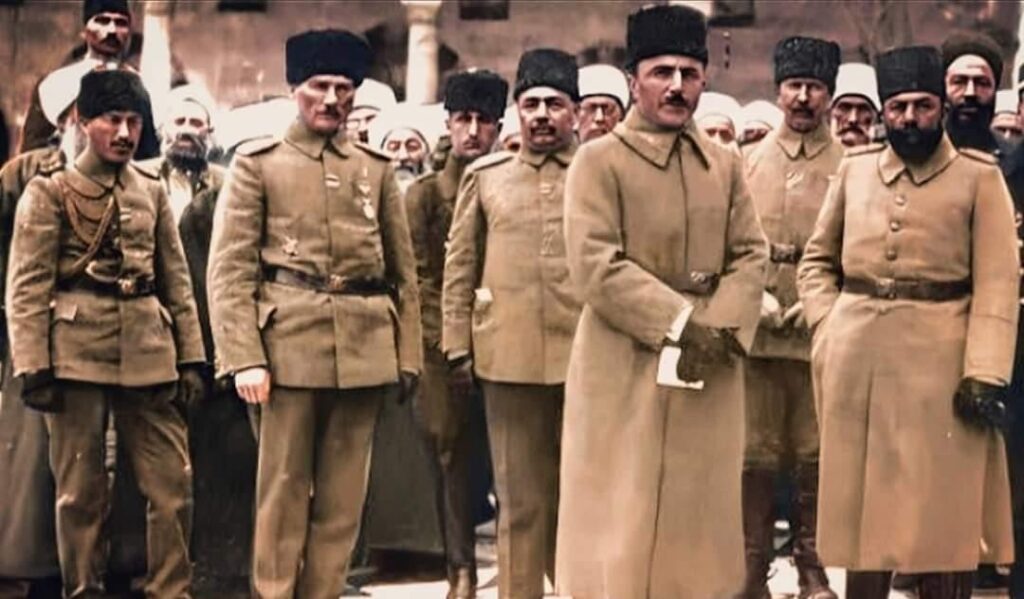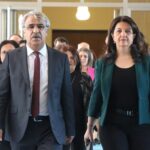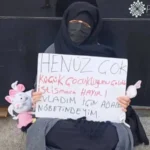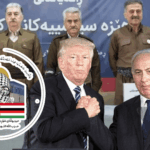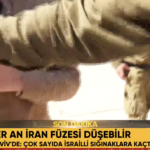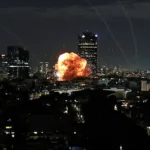It is not a simple task to plan and implement a terrorist assault. So it would be realistic to assume that the recent twin bombing in Ankara has a considerable background. Firstly, such an assault must be evaluated as "useful" in terms of politics and then compared with other possible acts. While doing that, the support and reaction of other agents that are in various proximities should also be well calculated. After that, it is required to choose the place and time and determine the conditions from which one could obtain maximum results. Then, one must select the right people for such a suicide attack, train and prepare them and make sure that they do not lose their motivation, while keeping them in an ambiguous position in case the conditions change. This is not a simple task because the bombers will probably not kill those who they hate and oppose ideologically. On the contrary, they will kill people they do not know and have never met, along with themselves. Consequently, persuading these people to carry out the attack and keep them alert means managing to keep them in an organization they cannot leave.
Who can manage this? The problem is this is now a professional sector, and there are some subcontracting companies providing this service. In other words, those giving the order and performing the act can be quite different. On the other hand, becoming a harmful player in the politics of the Middle East and Turkey hint that some authentic subjects that have such skills might exist. We can begin the list with Iranian and Syrian intelligence organizations and continue with the Islamic State of Iraq and al-Sham (ISIS) because they have conducted similar acts before and do not conceal that they have similar motivations. The list might continue with the outlawed PKK, the Revolutionary People's Liberation Party-Front (DHKP-C), the Marxist-Leninist Communist Party (MLKP) and some deep state organizations reminiscent of the 1990s. But when the requirements of such an organization are considered, it is highly possible that the recent suicide bomb attack in Ankara could be foreign sourced.
The goal could be to render Turkey ineffective in the Middle East by causing it to focus on its domestic problems. Some obviously want Turkey to be obliged to move into a passive role in the context of the near future. Also, it can be argued that some outcomes regarding domestic policies are also desired, such as driving the public to despair, creating a lack of trust in the state, paralyzing the government, creating an authority gap and rendering domestic peace impossible.
It should be kept in mind that the massacre was organized in an atmosphere in which the possibility of a PKK ceasefire was discussed, the government conducted anti-ISIS operations across the country, and Turkish aircraft have been harassed by Syrian missile systems. The fact that the Kurdish question has completely turned into a tool for regional tension is directly related to the place, time and target of this massacre.
If Turkey keeps calm and protects civil politics, it will be able to heal the wounds of this assault over time. However, as the attempt on police officers' lives in Eskişehir province indicates, if the opportunism of representing the incident as a state/people conflict predominates, it is not difficult to predict that this massacre might turn into a curse that will extend to the period following the Nov. 1 elections. Turkey will pass through this easily or with difficulty depending on whether political institutions and leaders have a sense of responsibility or not. If the common sense displayed by the government prevails, the sense of societal integrity and solidarity can be emphasized and the barriers in the path leading to peace can be removed. Seemingly, it is hard to remain strong unless the barriers on the path to peace are removed inside.
Peoples' Democratic Party (HDP) Co-Chair Selahattin Demirtaş is also aware of this and exerts the utmost effort to prevent peace. It is unfortunate that a young politician who raised hopes has fallen into such mean opportunism and ethical weakness in such a short amount of time.
Yazıyı beğendiysen, patronumuz olur musun?
Evet, çok ciddi bir teklif bu. Patronumuz yok. Sahibimiz kar amacı gütmeyen bir dernek. Bizi okuyorsan, memnunsan ve devam etmesini istiyorsan, artık boş olan patron koltuğuna geçmen lazım.
Serbestiyet; Türkiye'nin gri alanı. Siyah ve beyazlar içinde bu gri alanı korumalıyız. Herkese bir gün gri alanlar lazım olur.




